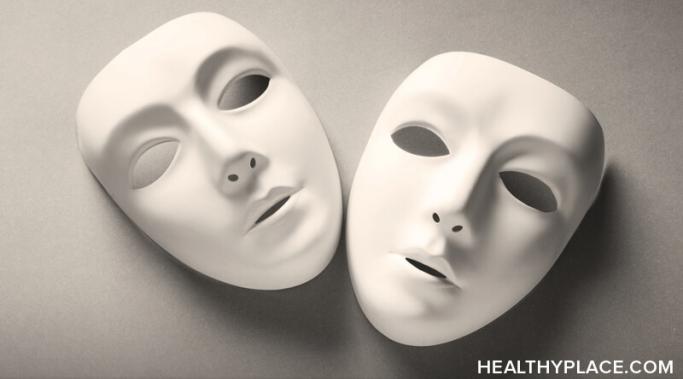Mindfulness affects your self-esteem, and often, when we think about mindfulness, many of us picture a happy person meditating peacefully while the sounds of "ohm" echo in the background. Without our realizing it, this picture incepts a formula into our subconscious: mindfulness plus quiet serenity equals self-love. Yet for many of us, quiet serenity is not something easily check off on our to-do list–our days are filled with busy streets and office chairs, not Zen gardens and floor cushions. Does this mean self-love is unachievable? Not at all. Even when serenity is unavailable, one powerful tool we can use towards building self-esteem is mindfulness.
Assertivness
Bad habits--they're pesky little things, aren't they? I imagine just reading the phrase makes you picture one of yours. Maybe your bad habit is biting your nails, or not responding to texts, or leaving the dishes in the sink. It's the thing you do that deep down, you know you don't like. But sometimes our bad habits aren't just small annoyances. Sometimes they burrow into our identity and affect our ability to build self-esteem. When bad habits affect self-esteem, what do we do?
A quick story about toxic people and self-esteem: Imagine you decide to plant a tiny sprout in your garden. When it flourishes, it will bring you deep joy. But first, it needs your focus and care to grow. Those who come into your garden and see your sprout give you support and space, encouraging your progress. But occasionally, a different kind of person comes into your garden. Knowingly or unknowingly, they march across the soil, step on your plants, and in the worst-case scenario, grind your tiny sprout into nothing.
Do we have to conquer fear? I've gone through some changes in my life recently that have me thinking about fear. In particular, how we react to feeling afraid. Why are some fears considered perfectly acceptable, while others fill us with shame and demand action? Being afraid of an aggressive animal, an impending surgery, or a loved one experiencing harm are all considered rational and acceptable. Yet we tend to hide our fears of social interaction, object/behaviors that feel uncomfortable, or people who affect us. So, what makes certain fears unpalatable? What makes us decide a fear is unfounded or embarrassing? Why are some fears allowed, while other fears must be conquered?
Accountability matters when we're building self-esteem. We do not like to do things wrong. As children, many of us are taught that wrongdoing results in punishment. We learn to deny mistakes, to avoid the "bad" experiences that result from being blamed. Yet though we may learn to avoid culpability, we never stop making mistakes–they are a natural part of life. So, what happens when we shift away from denying mistakes and focus on using accountability as a tool to build self-esteem?
"Be yourself." "You do you." "Listen to your heart." The messages behind authenticity are beautiful ones: you are the center of your world and you are the only voice that matters. But while such phrases are inspiring, we live in a world that bombards us with beliefs, opinions and general emotional noise. This creates a dilemma that many of us struggle with–how do I think like myself when everyone and everything is trying to tell me how to think?
If I could talk to the teenage version of myself about authenticity, I know what I would say. I would tell her the very things she is afraid make her "weird" are actually the things that make her awesome. I would tell her to stop wasting energy being afraid of judgment, and to put that energy towards enjoying the things that make her happy.
Failure. It's not a nice word, is it? For many of us, we see failure as a glaring red stop sign. "Go no further," failure tells us, "You are not good enough to succeed." But did you know Walt Disney's first animation company was dissolved within six months? That J.K. Rowling's Harry Potter was rejected by 12 publishers? For both, failure was not a stopping point–they continued to try until they found success. How did they keep believing in themselves, instead of seeing failure as a message they couldn't succeed? They separated their work from their self-worth.
If you don't show yourself respect, neither will other people. How are you supposed to feel confident, assertive and develop self-esteem if you don't show yourself some respect? Others may take advantage of you, people can be intimidating or situations you encounter may be so overwhelming it makes it hard to respect yourself. I've got three simple tools that can help you feel more confident communicating with others so you can show yourself respect.
Do you want to feel like a more likable person? Do you know what traits make someone likable? Here are five ways to become a more likable person instantly.









